New Texas Partnership Begins With Previous Service Program History
From 1994 through 2000, Global Volunteers worked in partnership with Proyecto Azteca, a non-profit self-help home construction company in the US-Texas border town of San Juan. After federal and state funding declined and undercut the organization’s programming, our service program was suspended until we re-established relations in late 2021. Our renewed Texas Program under Proyecto Azteca’s direction began in January, 2022 to help improve daily life for children and families in the Rio Grande Valley. Read on for details on needs in this culturally rich region of the US.
Separated from the American and Mexican heartlands by a blazing furnace of desert, the Rio Grande Valley used to be an agricultural backwater, where children would rise with their parents and work the fields until dusk. While agriculture is still the backbone of the Valley economy, new industries to serve the needs of the fast-growing retail and tourist industries abound. Today, McAllen, in Hidalgo County, is the third-fastest-growing city in the US. Although the region is referred to as a “valley,” its more a floodplain for the Rio Grande River, the international border line that cuts through the middle of what once was the Mexican province of Nuevo Santander. A canal system built during the early 20th century helped convert this ranching region into a national produce market of kale, radishes, zucchini, watermelons, jalapeños, beets, avocados, cucumbers and tomatoes. Local migrants worked the fecund plots and lived in small villages near the river, helping to turn the region into one of the highest-producing agricultural areas in the country.
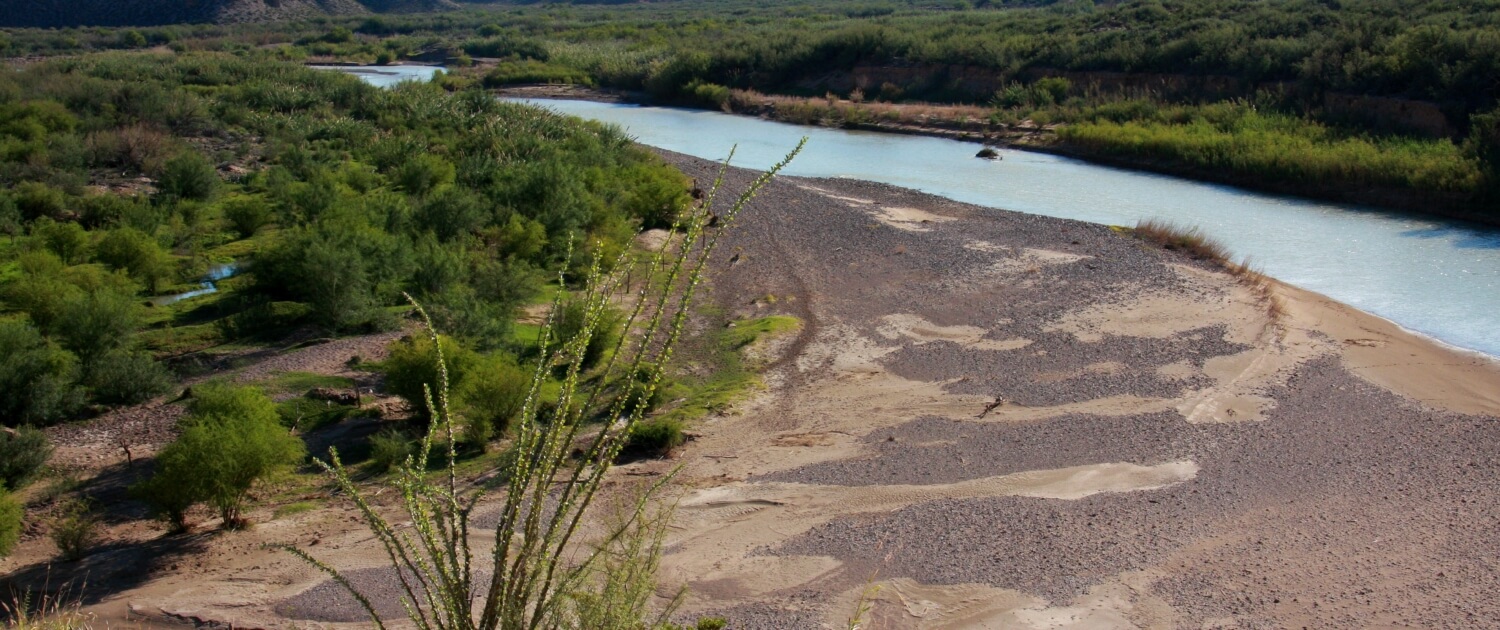
Farm workers still account for a sizable, but largely silent, percentage of the local population. A small unmarked town can be home to 20,000 people living in colonias – towns without power or water and dilapidated houses. Ironically, these settlements didn’t really boom in number until the agriculture industry began to decline. Then, farmers sold their land to real estate developers who then divided it into lots for sale.
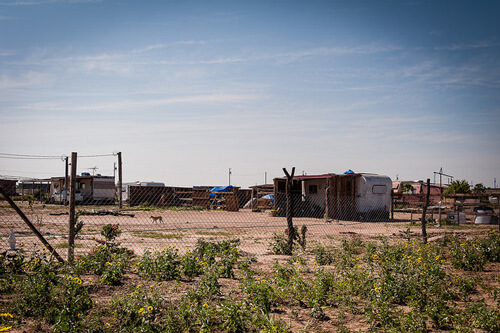
Hidalgo County’s poverty rate is the highest in the region. The majority of children in the Rio Grande Valley – 68 percent – live in high-poverty areas. This contrasts starkly with Texas’ statewide figure of 18 percent of children living in high-poverty areas. As cities expand, they are required to incorporate and supply utilities to colonias, which has improved conditions. Yet, poor health care and food insecurity results in low birth weights and under-nutrition which too often develops into childhood obesity. An estimated 30 percent of children in Hidalgo and Cameron counties lack consistent access to enough food for a healthy diet. Local doctors fear that recent changes in eligibility for the Supplemental Nutrition Assistance Program (SNAP – formerly food stamps) will inevitably lead to more widespread malnutrition.
Addressing Rio Grande Valley Needs
Typically, structures or lots are purchased on a contract-for-deed, which few impoverished homeowners are ever able to own outright, keeping them in poverty. The buyers, most often low-income farm workers and immigrants, build their homes slowly over years. Since the land is usually in unincorporated areas of a county, unscrupulous developers rent or sell lots with promises, such as to install running water and electricity, or to hand over the title after a certain number of payments, and then do not follow through. In many cases, there is little to no residential infrastructure on the lot at the time of sale, and the quality of homes ranges from substandard to slipshod. Homes lack insulation, experience pest outbreaks, and have limited access to potable drinking water. Often, trailer homes are combined with wooden or cinder block construction by the homeowner’s family. It is this condition that our partner, Proyecto Azteca, addresses through “sweat equity” construction programs making safe, affordable housing accessible to low-income families.
After decades of scrutiny, housing and infrastructure in colonias have improved considerably since the early 1990s. Further, more than 500 “model subdivisions” have formed in Hidalgo County – at a pace of more than 1,000 lots per year – but housing conditions in these new communities are inadequate because many families are new residents and just beginning the decades-long process of self-help. Consequently, Proyecto Azteca reports additional funding is urgently needed to respond to these pressing needs.
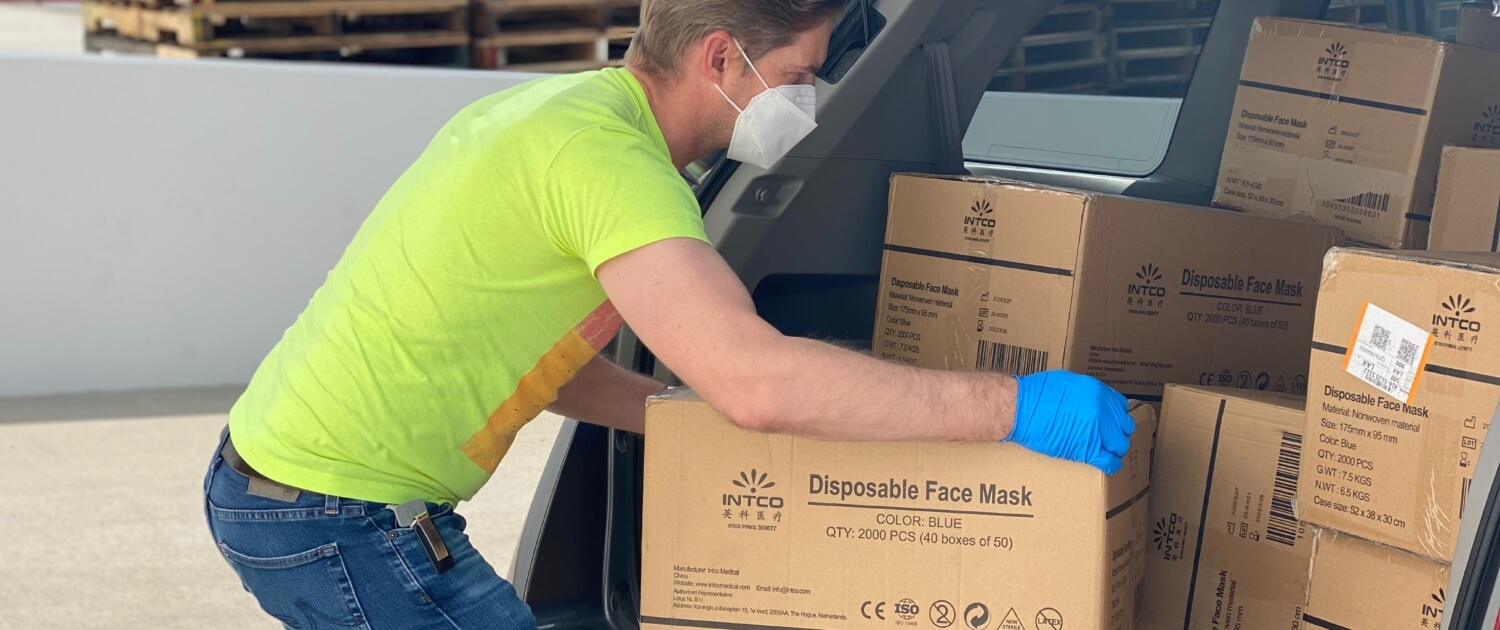
Similarly, health conditions, such as diabetes, plague colonia residents because these neighborhoods are largely located in food deserts – areas more than 10 miles from a supermarket in rural areas. As such, many residents rely on less expensive, processed, and sugar and fat-laden foods that are available in nearer convenience stores. This leads to malnutrition – under-nutrition, inadequate vitamins or minerals, and obesity. These conditions put colonia residents at higher risk during the COVID-19 pandemic. Due to lack of access to running water, hand sanitizer, and transportation to testing and vaccine sites, impoverished families in the Rio Grande Valley struggle more than many areas of the country.
Yet, despite inadequate housing, health, nutrition and sanitation services, the colonias are thriving communities. Industrious, hardworking, and family-oriented, local people work multiple jobs to make ends meet, and care for relatives; hence homeless rates are low. Moreover, nearly two-thirds of adults and 90 percent of youth living in colonias are US citizens.
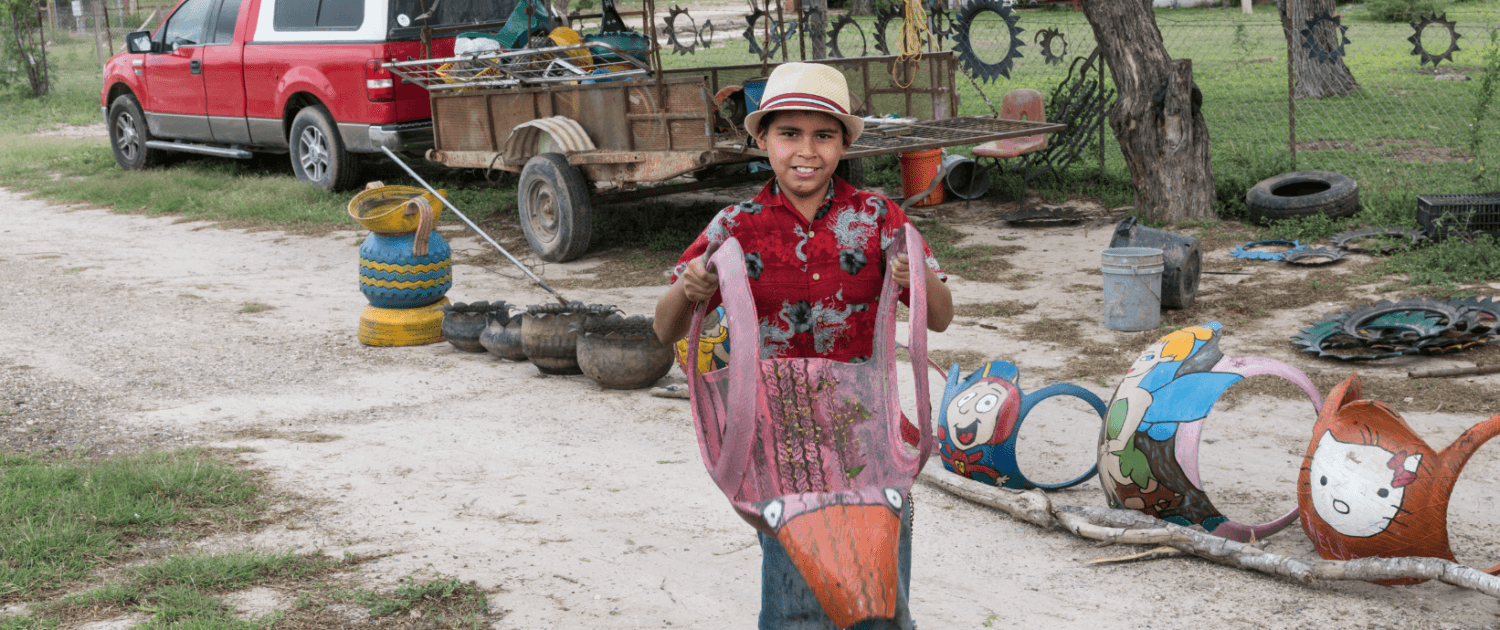
The Need for Volunteer Service
Self-help goes only so far. Adequate funding and low-interest loans are necessary to stabilize housing. When that is available, volunteers can bring “helping hands” for families building their homes – assisting with interior painting, house siding, tile work, site preparation, landscaping, building disability ramps, and upgrading bathrooms to be disability accessible. The families’ sweat equity contribution, about two-thirds of the labor, drives down the cost of each house, helping make the monthly payments affordable to very low-income residents.
Health and human service agencies uniformly run under-staffed. Volunteer nurses, physicians, nurse practitioners, physicians assistants, dentists, and advanced students in these disciplines can be extremely helpful at the local clinic that serves area families. Nearly everyone can help teach conversational English to people who are preparing for their citizenship exam. Others can document needs for low-cost housing and social services throughout the region. Area non-profit organizations need help with door-to-door canvassing and data collection, distribution of donations, childcare, and meal preparation and serving.
“Poverty is a form of violence,” asserts Ann Cass, Director of Proyecto Azteca. She invites Global Volunteers to work hand-in-hand with her staff and affiliated organizations to bring equity, justice, and hope to an area that feels forgotten by so many local residents.
Volunteer of all ages, backgrounds, skills and ethnicity are encouraged to join a Global Volunteers Service Program. Learn more here.

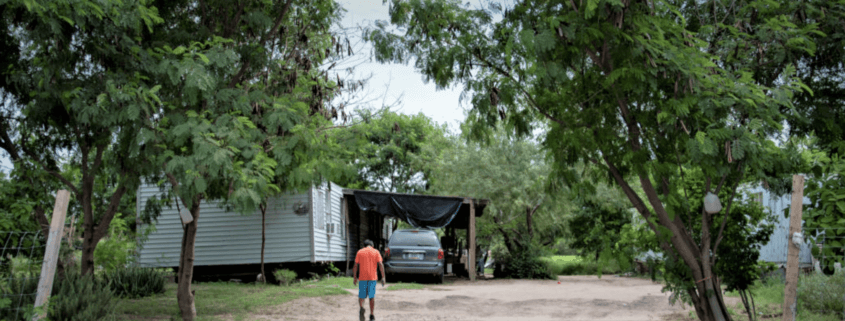


Leave a Reply
Want to join the discussion?Feel free to contribute!